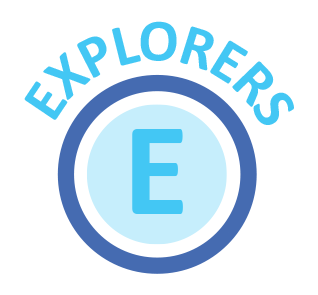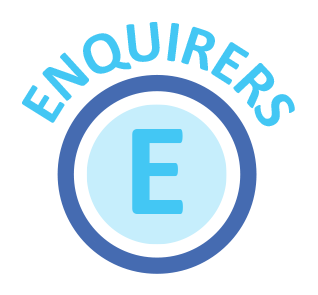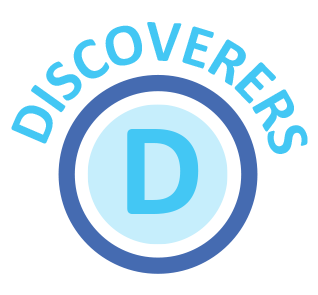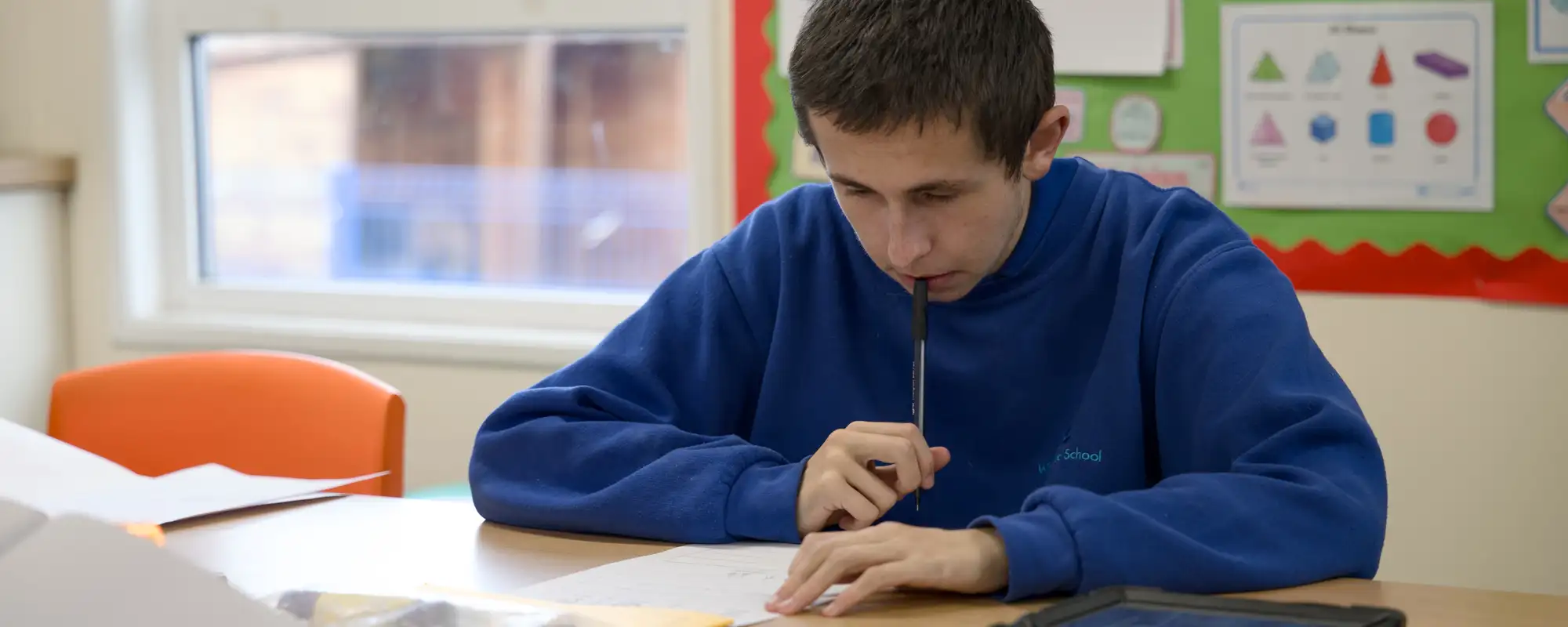English
Phonics
A Total Communication Approach
The teaching of phonics is valued and promoted at Winchelsea. This is not straightforward and we make sure that our programmes delivered to pupils are accessible and pupils benefit from the process through meeting the individual needs and learning potential of each of our pupils. We teach using a Total Communication approach that encourages the use of sign, gesture, speech/vocalisations, text, symbols and pictures for all our pupils.
We selected Jolly Phonics as the validated systematic synthetic phonics (SSP) programme due to the fun and multi-sensory synthetic phonics methods used, we felt this would be the most engaging process for our pupils.




Reading
Speaking and Listening
Writing
Reading
Reading Aims
For all our pupil’s to harness a love of books and stories with as many pupils as possible developing their skills to be able to enjoy reading, so that their Worlds become bigger and more exciting because of it.
Pupils will develop their reading skills through:
- Letters and Sounds – Phase 1
- The Jolly Phonics programme
- Words First Programme
We use stories to further support the thematic learning of the half term, through fiction or non-fiction texts.
- Have opportunities to access a variety of texts, genres and authors.
- Access a phonics curriculum at the appropriate level for their development.
- Read individually, in small groups and as a class on a regular basis.
- Develop functional reading skills to support their independence.
- Establish skills required for accessing appropriate accreditation.
Curriculum Intent
| EXPLORERS Oceans and Harbour | Our Explorers and Seekers classes’ reading curriculum involves developing associated skills such as sequencing, top/bottom, front/back, left/right discrimination, and looking after books. Additionally, it is vital our children develop their skills in listening, attention and discriminating sounds through regular listening and attention activities such as joint attention, and daily rhymes and songs. We aim for our children to develop a love of literature – reading for pleasure. Pupils are introduced to Jolly Phonics programme where appropriate with a focus on Phase 1 skills. |
| EARLY DISCOVERERS Starfish, Oysters and Octopus | The Discovery curriculum provides opportunities for pupils to experience and engage with books, rhyme and develop Phase 1 phonics skills. Pupils are introduced to Jolly phonics programme where appropriate. In addition, we aim for pupils to experience, listen to and look at a range of texts and stories within their whole curriculum. |
| DISCOVERERS Coral, Jellyfish and Dolphin | The Discovery curriculum provides opportunities for pupils to experience and engage with books, rhyme and develop Phase 1 phonics skills. Pupils are introduced to Jolly phonics programme where appropriate. In addition, we aim for pupils to experience, listen to and look at a range of texts and stories within their whole curriculum. With our older Discoverers learners, we have a focus on what pupils need to be able to read for their future to maximise their independence. |
| EARLY ENQUIRERS Penguin, Sea Lions, Sea Turtles | The Early Enquirers curriculum provides opportunities for pupils to experience and engage with books, rhyme and develop Phase 1 phonics skills. Pupils are introduced to Jolly phonics programme where appropriate. In addition, we aim for pupils to experience, listen to and look at a range of texts and stories within their whole curriculum. With our older Discoverers learners, we have a focus on what pupils need to be able to read for their future to maximise their independence. |
| ENQUIRERS Puffins, Lobsters, Seahorses, Magna 1 | The Enquirers curriculum focusses on developing the phonics skills, through the Jolly phonics programme, required to access the curriculum. Alongside this, pupils will develop their comprehension skills. As well as creating opportunities to experience a breadth of texts through lessons, one to one reading, guided reading and class reading time which provide insights to different cultures, topics, worlds and times. A focus for or KS4 pupils is functional reading skills that they will require for work, potential independent living or their next steps after Winchelsea. |
| NAVIGATORS Magna 2, Manta, Orca | Pupils within the Navigators curriculum work on skills required to complete their accredited work or exam (Functional Skills and LASER awards). In addition we aim to ensure all pupils are accessing a variety of literature; through lessons, one to one reading, guided reading and class reading time which allows them to experience and discuss different cultures, topics, worlds and times. A focus for or KS4 pupils is functional reading skills that they will require for work, potential independent living or their next steps after Winchelsea. |
| Cross-curricular Links | How does Reading support this? |
|---|---|
| STEAM | Provides pupils with the functional reading skills to access other areas of the curriculum. Give creative ideas to develop practical ideas from. A book can be a great source of inspiration! |
| Maths Skills | Developing the functional reading skills required for accessing word problems and Maths accreditation. |
| SMSC and British Values | Social:Interact with and help each other and exploring the world around us through a variety of different texts. Moral: Texts provide opportunities to discuss situations and characters moral decisions. Spiritual: Use of texts to evoke emotions of awe and wonder, learning to respect ourselves and others. Cultural:Reading texts learning about different cultures and times. British Values: Through reading a variety of texts pupils can learn about British Values. Persuasive writing – individual liberty, Non-fiction writing – tolerance and respect of opinions. |
Extended Opportunities/ Celebration:
World Book Day
Reading at home – Pupils have reading scrapbooks that go home to encourage weekly reading with parents/carers.
Speaking and Listening
Speaking and Listening Aims
For our pupil’s speaking and listening is the most fundamental skill they will learn, we see this as not only a crucial part of their learning but integral to everything that they do, across the curriculum.
- Be able to communicate, and be communicated with, in the best way for them.
- Have opportunities to learn and practise key speaking and listening skills.
- Learn strategies which can support their speaking and listening when accessing the curriculum and for future life.
- Develop functional speaking and listening skills to support their independence.
- Establish skills required for accessing appropriate accreditation.
Curriculum Intent
| EXPLORERS Oceans and Harbour | In the Explorers and Seekers curriculum speaking and listening encompasses developing all forms of communicative responses and intent. For some of our pupil’s, Total Communication teaching includes the use of signing, symbols, AACs or ICT systems to support them. Class staff work closely with the SALT team, where appropriate, to incorporate recommended tools and strategies to support speaking and listening. |
| EARLY DISCOVERERS Starfish, Oysters and Octopus | In the Early Discoverers curriculum speaking and listening encompasses developing all forms of communicative responses and intent. For some of our pupil’s, Total Communication teaching includes the use of signing, symbols, AACs or ICT systems to support them. Class staff work closely with the SALT team, where appropriate, to incorporate recommended tools and strategies to support speaking and listening. |
| DISCOVERERS Coral, Jellyfish and Dolphin | In the Discoverers curriculum speaking and listening includes developing all forms of communicative responses and intent. For some of our pupil’s, Total Communication teaching includes the use of signing, symbols or ICT systems to support them. Class staff work closely with the SALT team, where appropriate, to incorporate recommended tools and strategies to support speaking and listening. |
| EARLY ENQUIRERS Penguin, Sea Lions, Sea Turtles | The Enquirers curriculum provides opportunities for pupils to develop strategies which can support their speaking and listening when accessing the curriculum and for independence. These include following instructions; taking part in conversations; social skills with peers; expressing their opinions; answer questions appropriately; learning and use new vocabulary. |
| ENQUIRERS Puffins, Lobsters, Seahorses, Magna 1 | The Enquirers curriculum provides opportunities for pupils to develop strategies which can support their speaking and listening when accessing the curriculum and for independence. These include following instructions; taking part in conversations; social skills with peers; expressing their opinions; answer questions appropriately; learning and use new vocabulary. |
| NAVIGATORS Magna 2, Manta, Orca | Through the Navigators curriculum pupils will develop strategies which can support their speaking and listening when accessing the curriculum, accreditation and for life and work after Winchelsea. These include following instructions; taking part in conversations and debates; expressing their opinions; answer questions appropriately; learning and use new vocabulary; using formal and informal language appropriately. |
| Cross-curricular Links | How does Speaking and Listening support this? |
|---|---|
| STEAM | Pupils will develop the speaking and listening skills to access the curriculum: follow instructions; take part in conversations; express their opinions; answer questions appropriately; learn, use new vocabulary and be able to express an interest and their curiosity. |
| Maths Skills | Pupils will develop speaking and listening skills to help access and discuss the problem solving and reasoning in the Maths curriculum in addition to using skills to help follow instructions. |
| SMSC and British Values | Social: Encouraging pupils to work co-operatively, recognising and respecting social differences and similarities. In addition it providing pupils with a linguistic framework or tools within which to understand and debate social issues which can in turn provide opportunities for engaging in the democratic process and participating in community life. Moral: Developing an open and safe learning environment in which pupils can express their views and practise moral decision-making. Spiritual: Staff value pupils’ questions and give them space for their own thoughts, ideas and concerns. We enable pupils to make connection between aspects of their learning and encourage pupils to relate their learning to a wider frame of reference – for example, asking ‘why?’, ‘how?’, ‘where?’ as well as ‘what?’ Cultural: Helping pupils to understand how language changes over time, the influences on spoken, and written language and social attitudes to the use of language. British values: Pupils have the opportunity to demonstrate Mutual respect for and tolerance of those with different faiths and beliefs in conversations. There is the opportunity to show an understanding of rule of the law in conversations and when following instructions and expresses themselves with individual liberty. |
Extended Opportunities/ Celebration:
All celebration days give pupils the opportunity to develop their speaking and listening skills within a different context.
Writing
Writing Aims
- Develop fine motor skills required for accessing the curriculum, independence and writing.
- Access a phonics or spelling, punctuation and grammar curriculum at the appropriate level for their development.
- Be provided with a range of experiences, including practical and cross-curricular opportunities which enable pupils to enjoy writing and to communicate successfully and appropriately in different contexts.
- Develop functional writing skills to support their independence.
- Establish skills required for accessing appropriate accreditation.
Curriculum Intent
| EXPLORERS Oceans and Harbour | In Explorers and Seeker’s classrooms the writing curriculum is focussed on the development of motor skills required for learning and writing. These are developed through a variety of activities developed with the Occupational Therapy and Physiotherapy team. Pupils will also experience a broad range of writing activities (shopping lists, letters, notes, stories etc.). |
| EARLY DISCOVERERS Starfish, Oysters and Octopus | In the Early Discovers curriculum the writing is focussed on the development of motor skills required for learning and writing. These are developed through a variety of activities developed with the Occupational Therapy and Physiotherapy team. Pupils will also experience a broad range of writing activities (shopping lists, letters, notes, stories etc.). |
| DISCOVERERS Coral, Jellyfish and Dolphin | In the Discoverers curriculum teaching is focussed on the development of motor skills required for learning, writing, future independence and work. These are developed through a variety of activities developed with the Occupational Therapy and Physiotherapy team. Pupils will also experience a broad range of writing activities. |
| EARLY ENQUIRERS Penguin, Sea Lions, Sea Turtles | Through the Early Enquirer’s curriculum pupils develop the gross and fine motor skills through a variety of opportunities with support from the Occupational Therapy and Physiotherapy team. Pupils continue to develop the phonics, spelling, punctuation and grammar skills, required to access the whole curriculum, through the Jolly phonics and Jolly Grammar programme. In addition, they will experience a broad range of fiction and non-fiction writing activities throughout the whole curriculum (letters, stories, reports, explanations, instructions). |
| ENQUIRERS Puffins, Lobsters, Seahorses, Magna 1 | Through the Enquirer’s curriculum pupils develop the gross and fine motor skills through a variety of opportunities with support from the Occupational Therapy and Physiotherapy team. Pupils continue to develop the phonics, spelling, punctuation and grammar skills, required to access the whole curriculum, through the Jolly phonics and Jolly Grammar programme. In addition, they will experience a broad range of fiction and non-fiction writing activities throughout the whole curriculum (letters, stories, reports, explanations, instructions). |
| NAVIGATORS Magna 2, Manta, Orca | Navigators writing curriculum focusses on developing the skills required to complete their accredited exam or coursework. Pupils continue to develop gross and fine motor skills through a range of activities linked to self-care and independent living or work skills. In addition to the phonics, spelling, punctuation and grammar skills, required to access the curriculum, through the Jolly phonics and Jolly Grammar programme. Alongside these skills pupils will experience a broad range of fiction and non-fiction writing activities throughout the whole curriculum (letters, stories, reports, explanations, instructions). |
| Cross-curricular Links | How does English support this? |
|---|---|
| STEAM | Provides pupils with the skills to write about experiments, events, experiences etc. |
| Maths Skills | Developing the fine motor skills required to form numerals, complete practical Maths tasks and handle money. |
| PE Skills | Development of fine and gross motor skills which can be built on in PE lessons. |
| SMSC and British Values | Social: Interact with and help each other using a variety of written communication (letters, reports, blogs, diaries) and exploring the world around us. Moral: Writing gives pupils the opportunity to reflect on their own beliefs and opinions, establishing their own relationship with language. An understanding of feelings and emotions, identifying what is right and wrong in different writing opportunities. Spiritual: Opportunities to evoke emotions of awe and wonder through narrative writing. Writing is expressive and allows for a reflective process and the freedom to be creative and experiment. Cultural: Pupils are given the opportunity to write about cultural experiences. British Values: Through writing a variety of text styles pupils can learn about British Values. Persuasive writing – individual liberty, Non-fiction writing – tolerance and respect of opinions. |
Extended Opportunities/ Celebration:
Taking part in creative writing competitions
Writing to local businesses
Winchelsea Magazine




